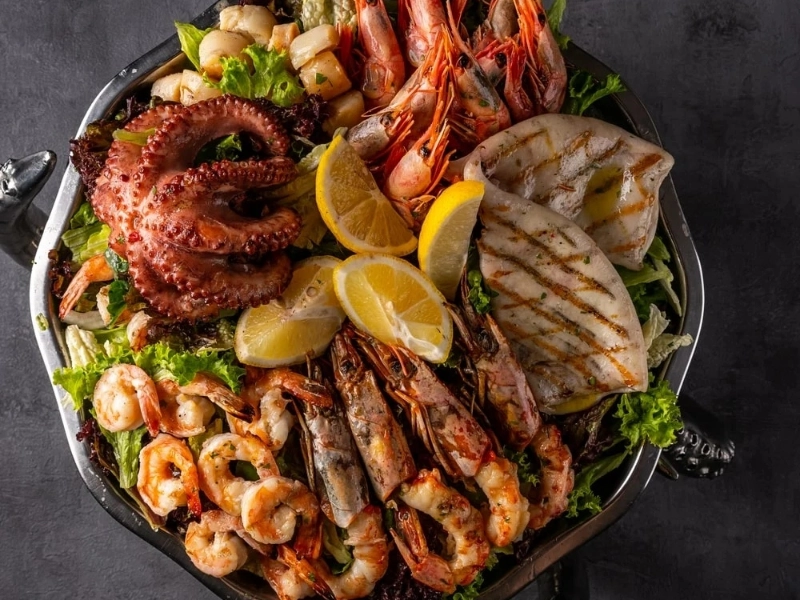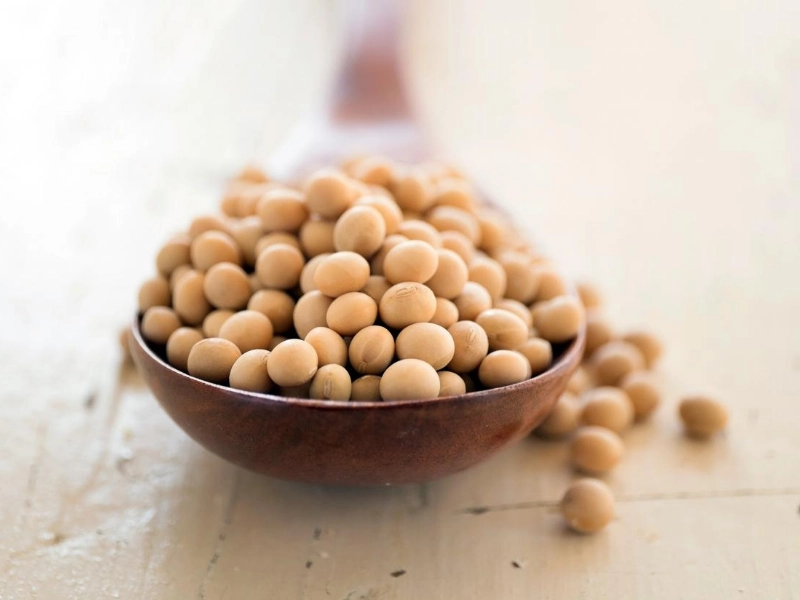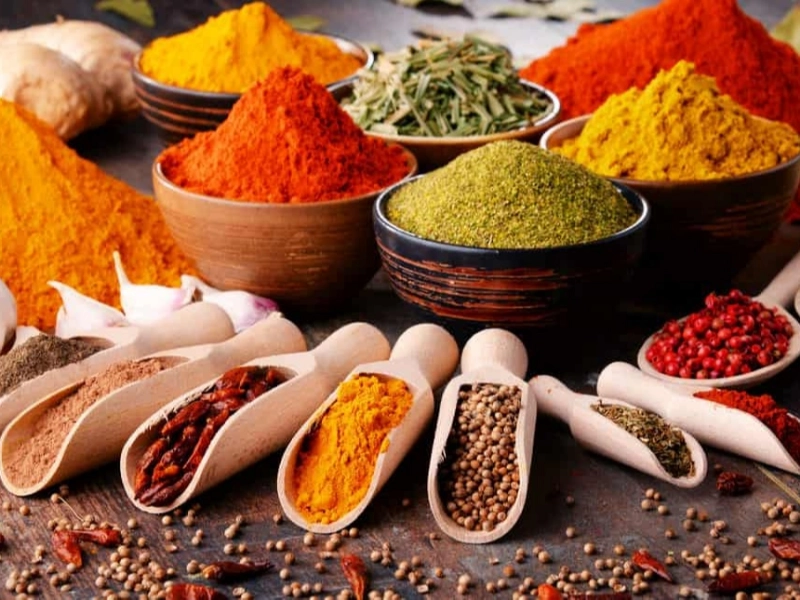Advertisement
1. Seafood

Advertisement
Seafood refers to a broad group of aquatic foods. These include fish, shellfish, and echinoderms such as sea urchins. However, seafood can cause allergic reactions in certain people due to the proteins in fish and shellfish. Allergens are substances that can cause symptoms such as itching, hives, wheezing, congestion, and swelling in the mouth or tongue. In severe cases, breathing difficulties and collapse can occur.
2. Soybeans

Soybeans are also used as animal feed and to extract soybean oil for cooking. Not only that, soybeans provide a good source of protein and fiber, as well as some important vitamins. In addition, they contain essential minerals such as magnesium and zinc, and antioxidants such as vitamin E that protect the skin from pollutants and toxins. However, people with soy allergies usually have similar reactions to this food as eggs, milk, fish, shellfish, peanuts, and tree nuts. After eating soybeans, you may experience itching or a rash.
3. Spices

Many spices, such as black pepper, paprika and cayenne, contain irritants that can cause itching in the mouth, skin and gastrointestinal tract. This irritation can be due to allergens present in the spice itself. For example, capsaicin in chili is a known irritant that can affect the lining of the mouth and gastrointestinal tract. This can lead to various skin reactions such as itching, redness and inflammation where the spice has come into contact with the skin. Spicy foods should be limited in your diet for several reasons. In addition to causing skin irritation, they can also increase blood pressure, cause acid reflux and lead to stomach ulcers.


